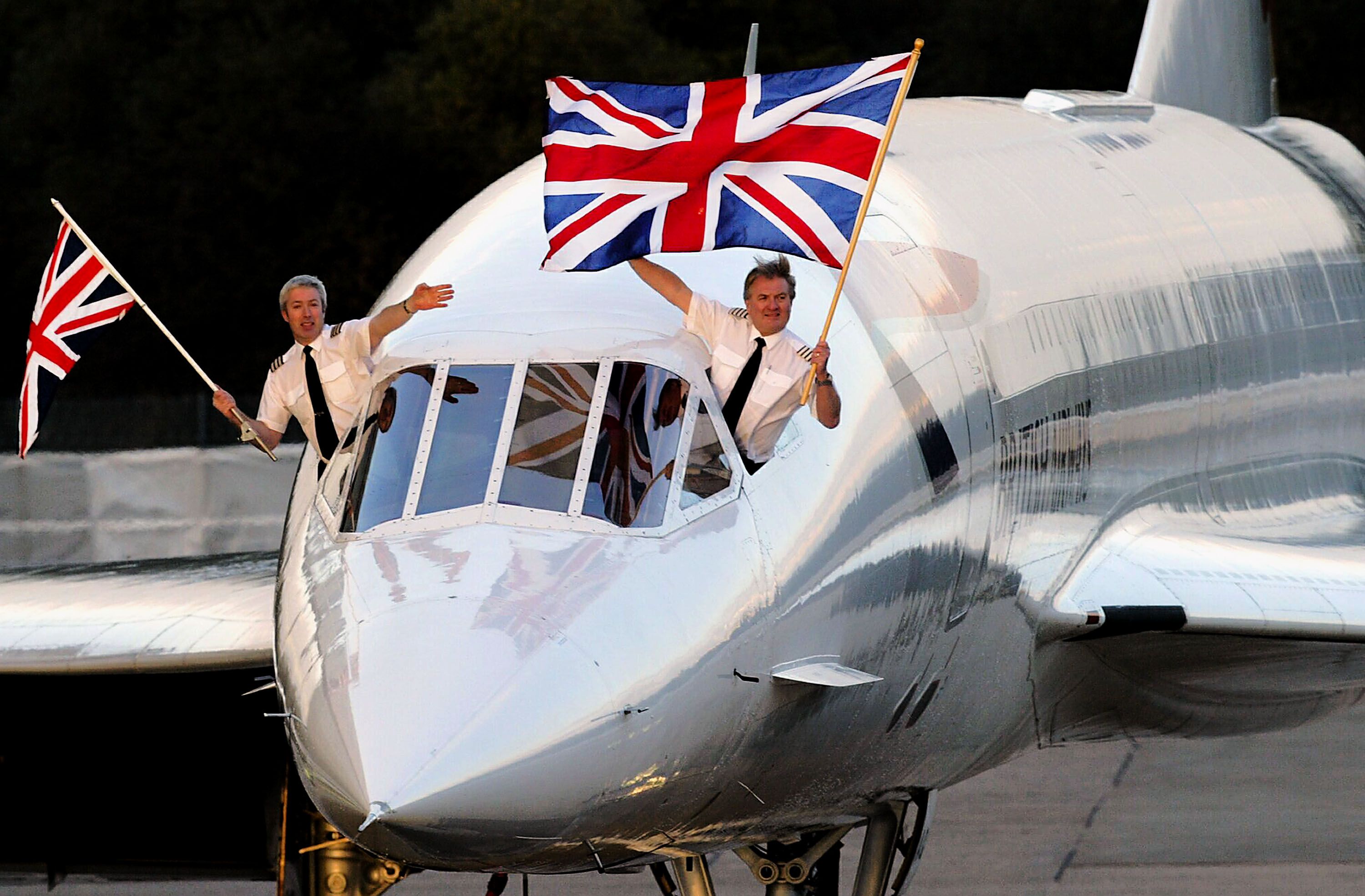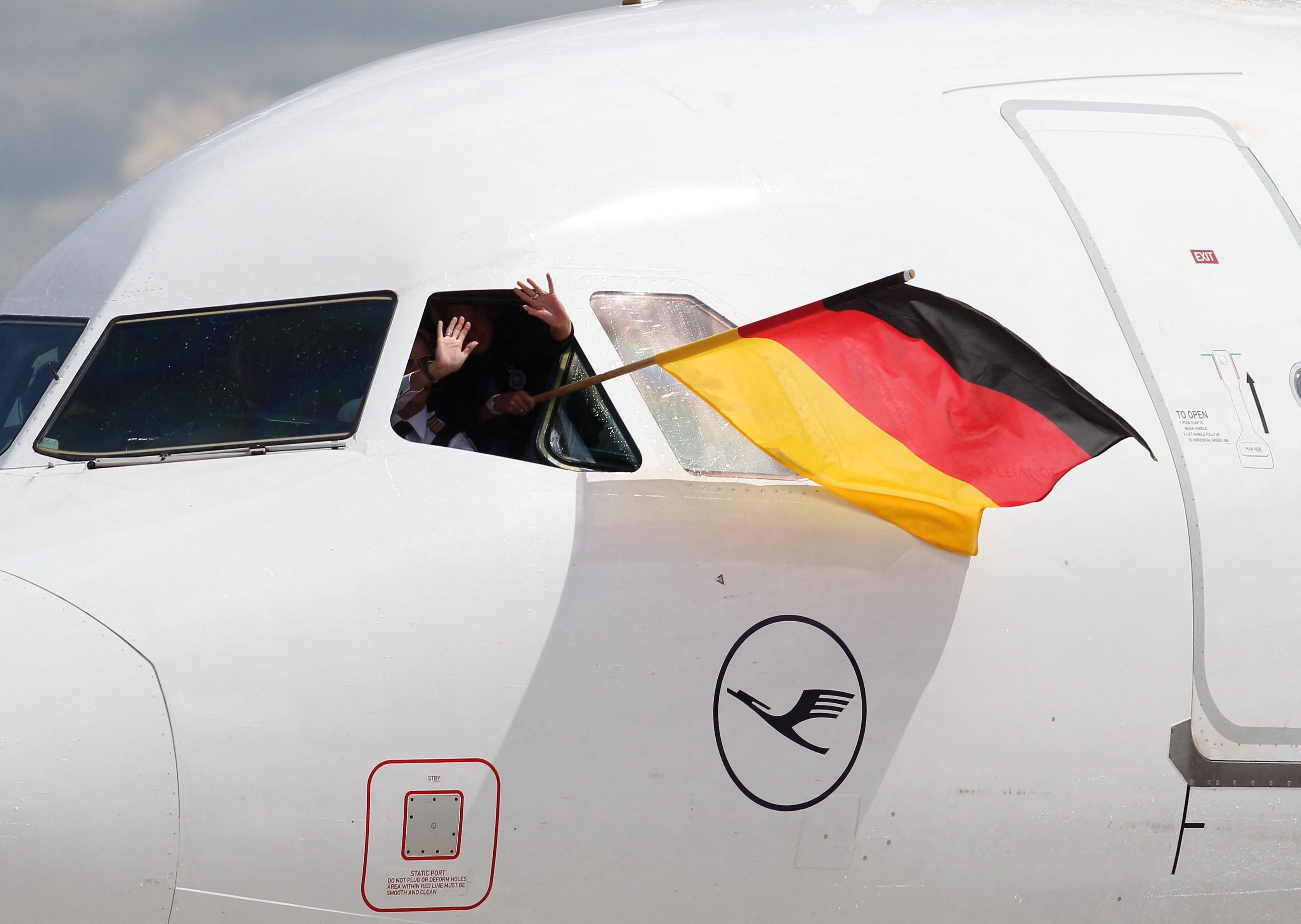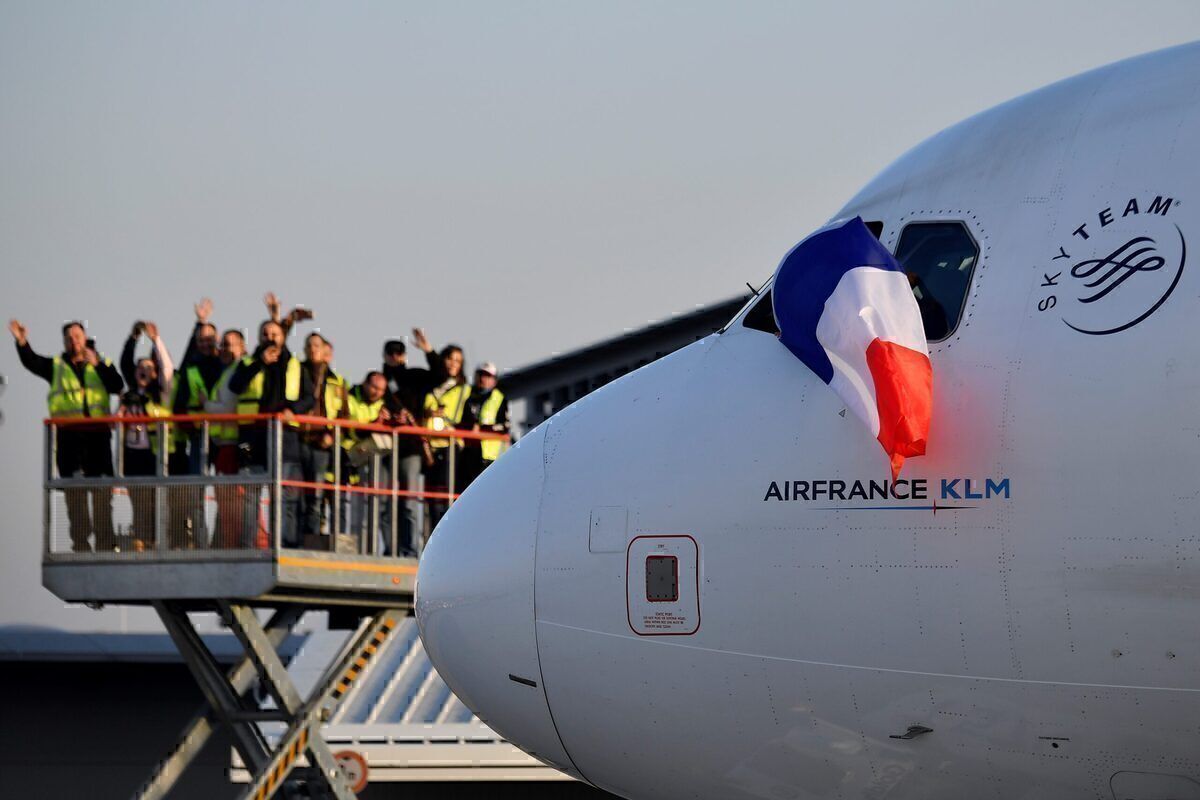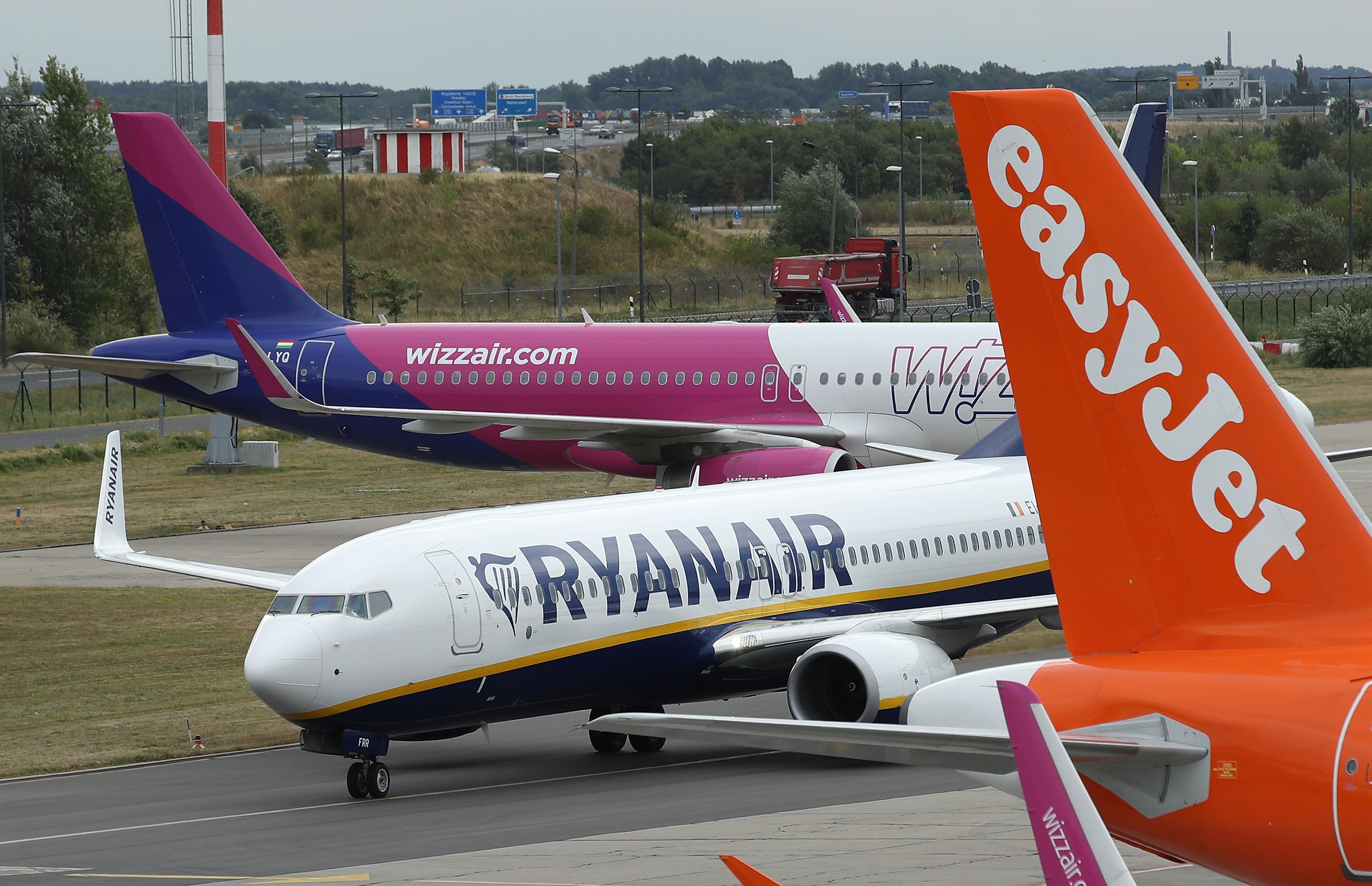People across the world wonder why European countries are so protective of their flag carriers. Even countries that do not have a state-owned national airline have a flag carrier: an airline that is associated with the national identity of a country.
The European sky is dominated by a few major pan-European airline groups: Ryanair, the Lufthansa Group, easyJet, Air France-KLM, easyJet, and Turkish Airlines. However, Europe is also home to dozens of flag carriers, and many states are incredibly protective of them.
Very few countries, no matter how small, do not have a flag carrier. Even Luxembourg and Montenegro have one, and both of these countries have a population of just over 600,000 people. An example of a country that does not have one is Hungary, which lost MALÉV to bankruptcy. Still, the country’s aviation is buoyed by Wizz Air, although the airline is privately owned and not a flag carrier.
Often, governments have to find ways of financially supporting their flag carriers, and this is not always popular with the voters. Passengers may prefer subsidies to go to low-cost airlines which offer cheaper ticket prices. Nevertheless, most European governments continue to support their flag carriers. In COVID-19, Lufthansa got nine billion euros ($9.5 million), although the airline repaid it just a year later.
Let’s take a look at the benefits that state-owned flag carriers bring to their countries, grouped into three groups of arguments: economics, aviation, and politics.
1. The economic argument
From the perspective of economics, the case in favor of a national airline is clearly positive.
A national airline provides employment for the local population. In countries and regions with an emigration problem, like much of Eastern Europe, employment opportunities act to reduce the flow of people out of the country. Local employment also generates additional income in the country where the staff are based.
Most importantly, the government benefits through an increase in tax revenue. Employees pay income tax, and the airline pays corporation tax in the country, enabling the government to use the tax revenue to invest in public services. In most countries, when people are employed locally, this also generates national insurance and social security revenue for the state, allowing the country to pay out pensions and fund healthcare systems for all.
The existence of a national airline boosts the country’s cargo connectivity, with local businesses having easier access to international markets. When Adria Airways collapsed in 2019 and Slovenia was left without a flag carrier, the most adverse impact was not actually on passengers but on businesses that trade goods by air. Low-cost airlines do not transport cargo, so passengers were able to find alternatives easier than businesses could.
During COVID-19, national airlines were instrumental in transporting essential medical supplies and cargo that governments used to fight the pandemic. FlyBosnia operated a flight to China to bring equipment to the country. Austrian Airlines and KLM operated rescue flights to Australia to repatriate their countries’ citizens.
The economic benefit for a country of having a national airline is also apparent when an airport is given into concession. Airports with a national airline operating there are valued higher than those without one, so the state generates more revenue from the airport concession. The concession agreement for Lisbon Airport generates extra revenue for Portugal because VINCI, the concessionaire, is willing to pay more for an airport with a flag carrier like TAP Air Portugal as its guaranteed long-term customer.
2. The aviation argument
Air connectivity is important for countries, particularly in times of crisis. Having a national airline provides continuity of air connectivity regardless of the economic situation in the country. Croatia retained its links with the world throughout the COVID-19 pandemic because Croatia Airlines maintained daily flights to Frankfurt Airport from its base in Zagreb every single day, even throughout March and April of 2020.
Similarly, if an airport has to raise its fees or if demand for air travel to the country dips for whatever reason, a national airline remains a committed airport partner. Pan-European airlines and low-cost carriers have done wonders for European passengers, particularly the more price-sensitive ones, but they are not tied to any single country or airport. This means they can easily move all their based aircraft capacity and deploy it wherever they feel they may generate a higher profit. Wizz Air abandoned Sarajevo Airport with less than a month’s notice in October 2022, leaving Bosnia’s capital with severely-diminished connectivity and no time to replace it.
In countries that do not have a liberalized airline industry, national airlines are key for ensuring any connectivity exists at all because of stringent bilateral agreements.
Perhaps most importantly, having a flag carrier boosts the set of industries that are linked with aviation but which would not exist otherwise. Countries with an airline based there see more apprenticeship programs and professional development opportunities in industries that are a part of an airline’s supply chain.
3. The political argument
Countries use their national airlines to boost their standing abroad. For example, Air Serbia is a political project of the country’s President, who often appears at the airline’s press conferences and has recently announced its major new route launches. Finnair’s slogan is The Nordic Way.
National airlines that are owned by their governments often launch and maintain routes that are beneficial for the country. Icelandair offers convenient transfer packages between Europe and North America with stopovers that can be as long as seven days to support the country’s tourism industry.
They also promote national symbols and products onboard. SWISS gives each passenger a Swiss chocolate for free. Aer Lingus features the shamrock on its aircraft.
The criticisms – in brief
A state-owned national airline typically does not pursue profit maximization at all costs. And this is where flag carriers are often criticized.
Privately-owned airlines must satisfy their shareholders by pursuing profit, while state-owned ones can end up overstaffed and inefficient at reacting to new market opportunities because their management is not always appointed on the basis of the profit motive.
National airlines are likely to be protected from bankruptcy by their governments, and this can sometimes distort market competition. But does this downside really outweigh the positives?
What do you think of Europe’s many flag carriers? Let us know what you think of this story in the comments below.




